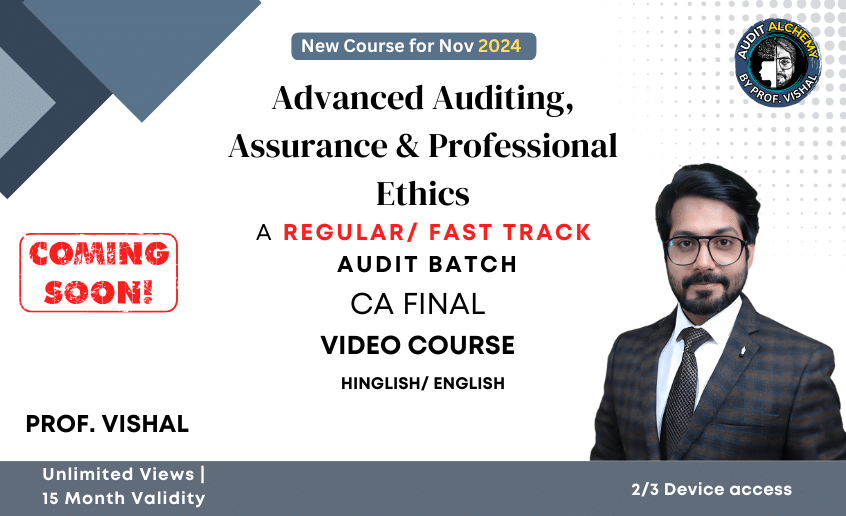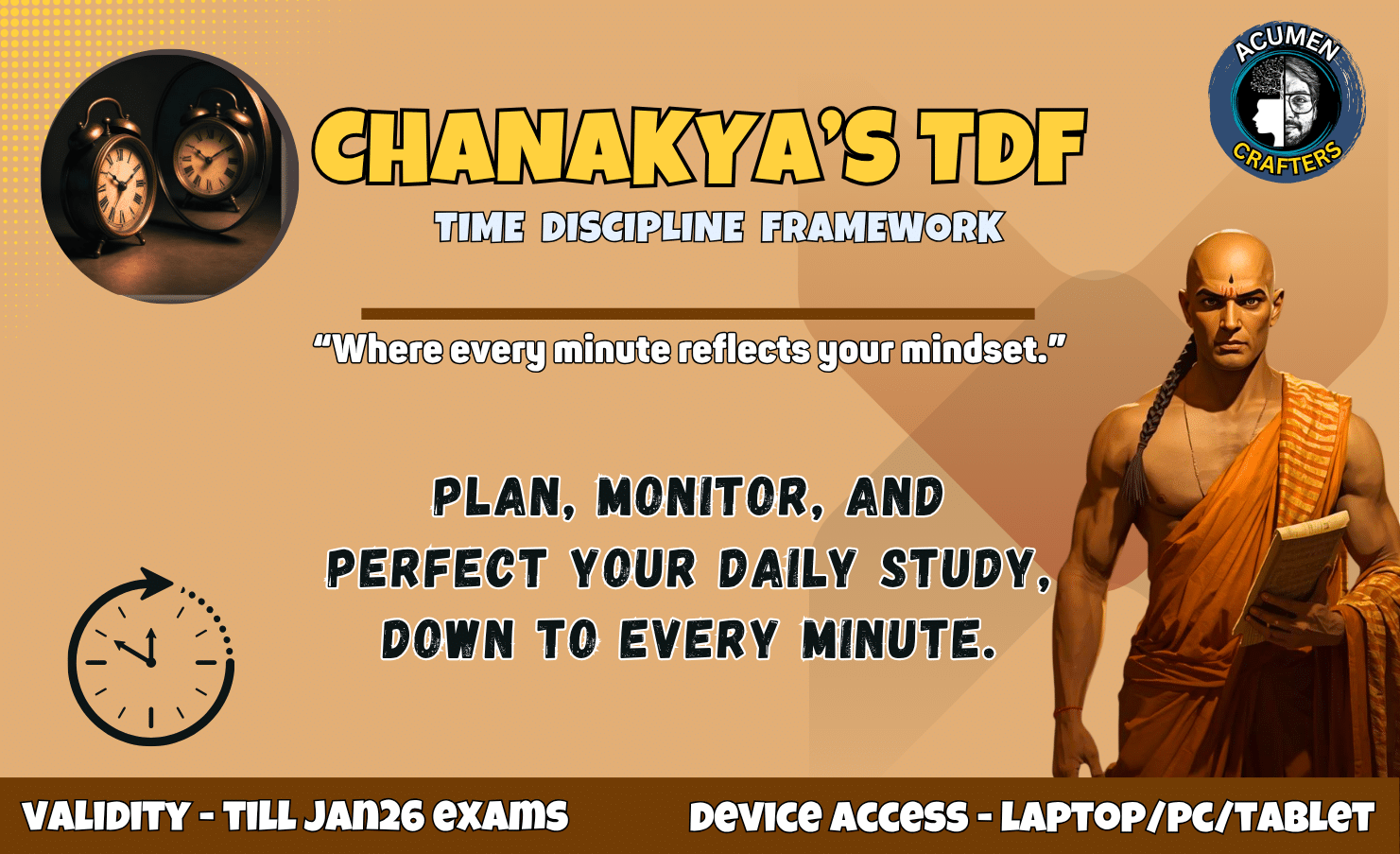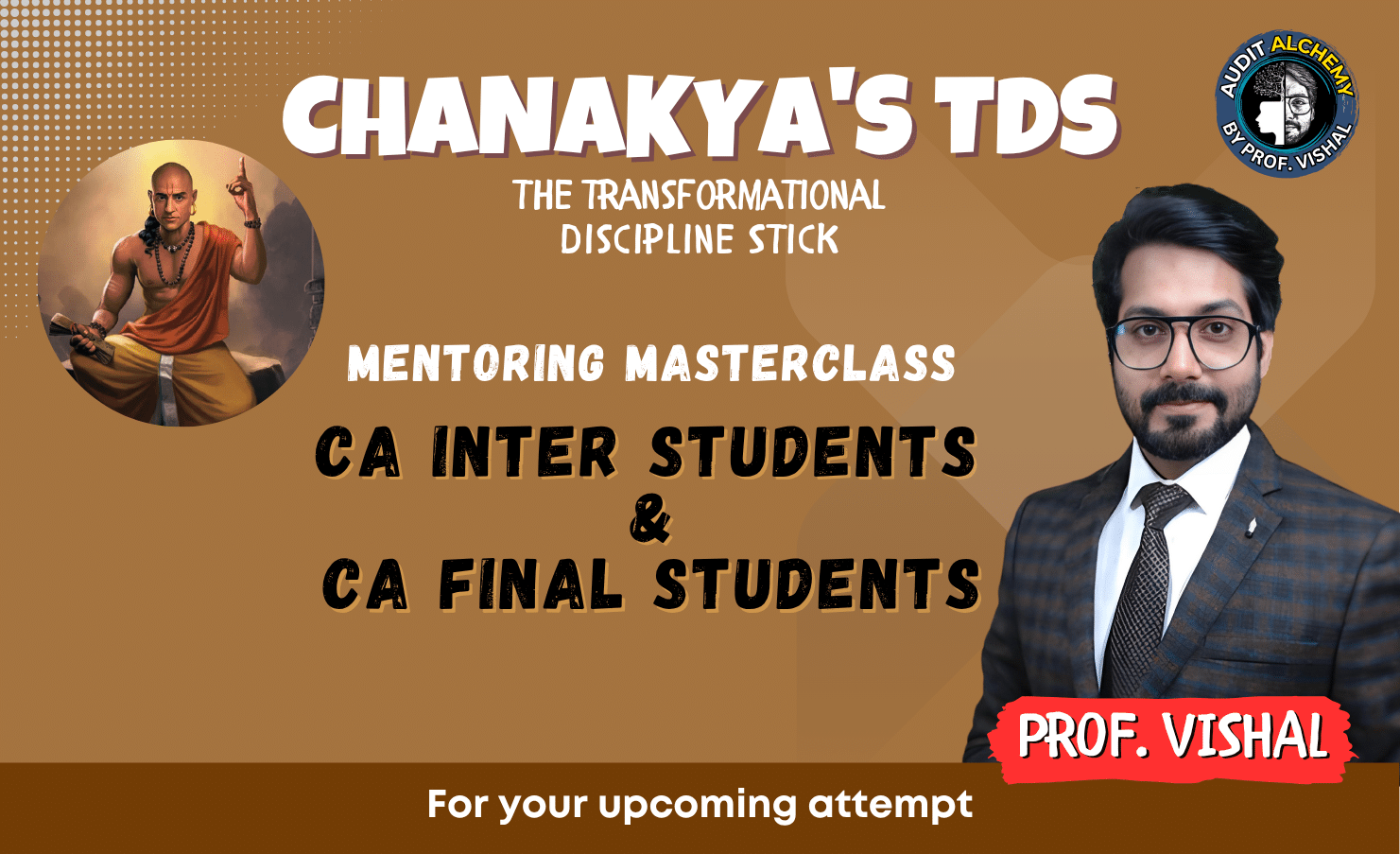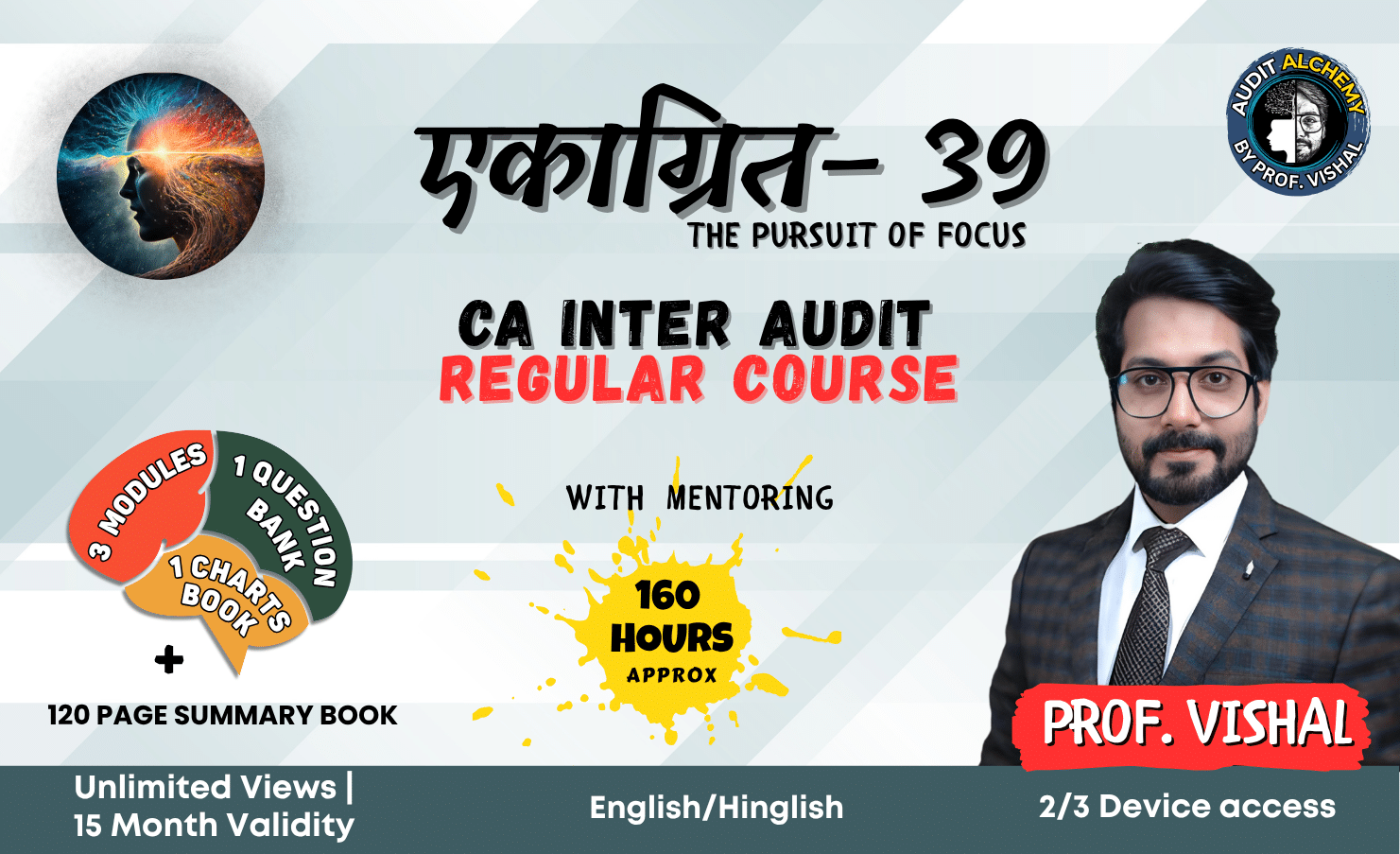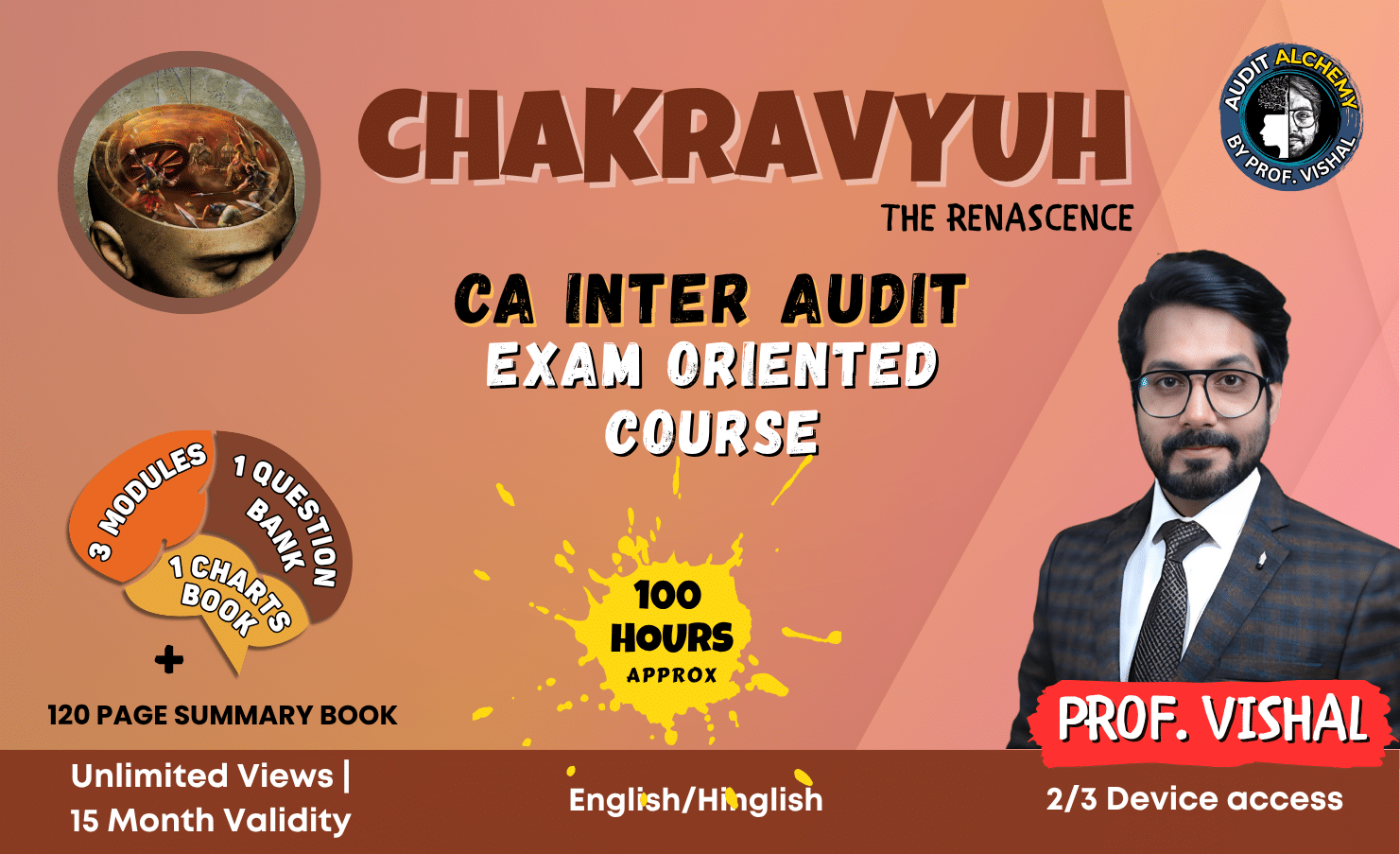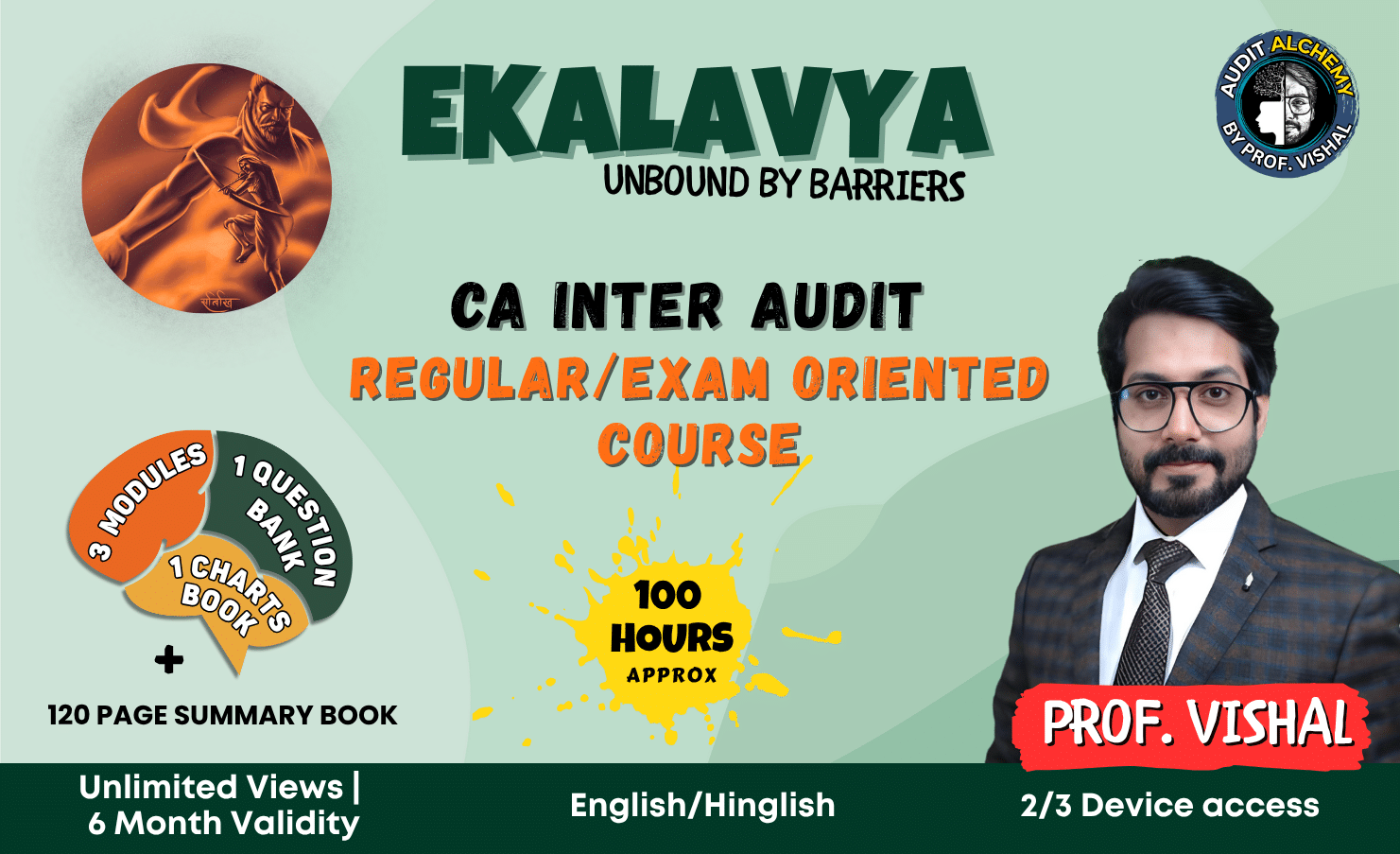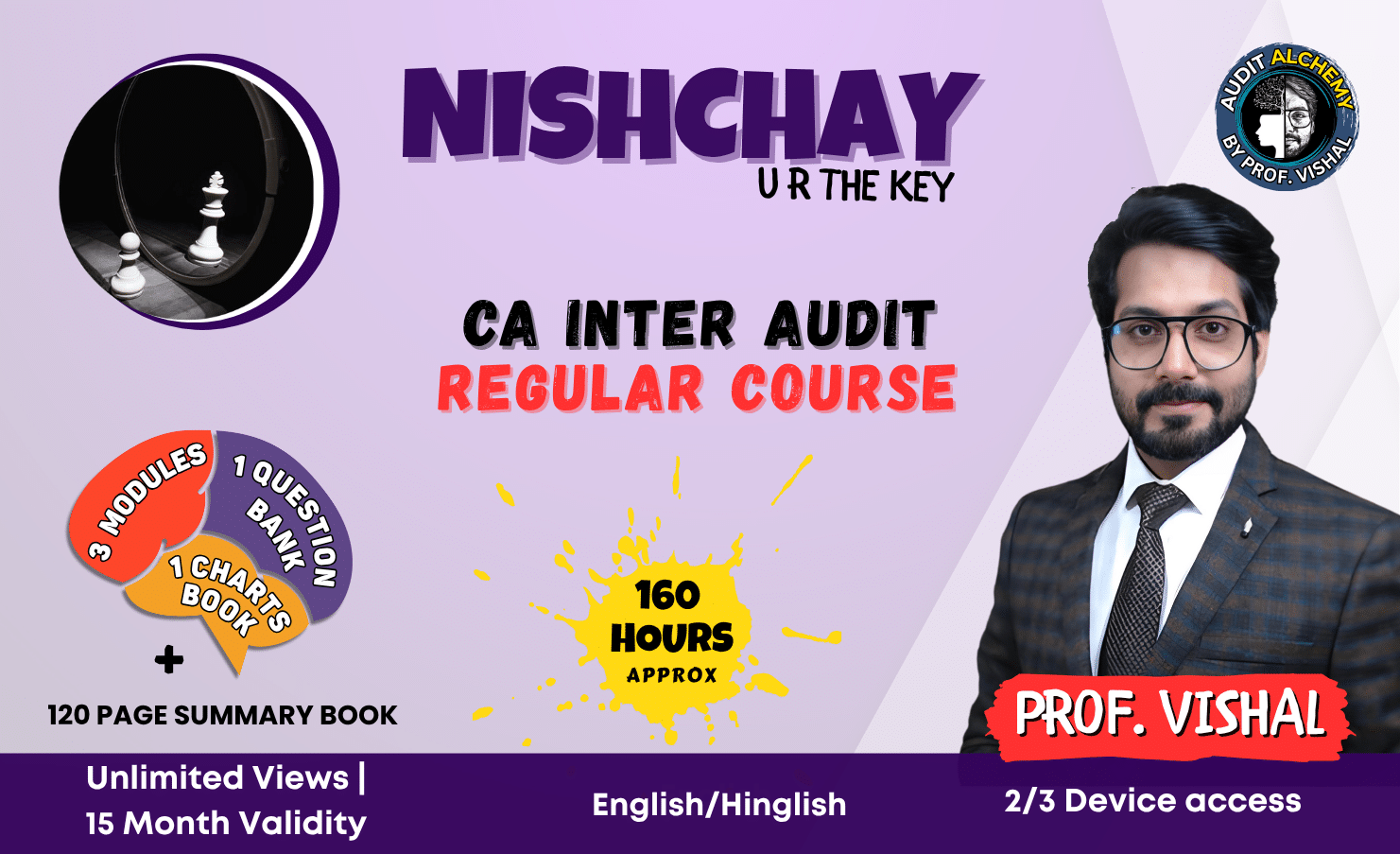Elevating your study skills is like refining any other skill – it’s completely achievable! Boost your success by taking effective notes, establishing a study routine, and nurturing a positive mindset.
As you embark on your study sessions, minimize distractions, avoid juggling multiple tasks, and ensure you incorporate breaks to maintain focus.
Experiment with various strategies for test preparation, such as mnemonic devices and engaging in study groups, until you discover the approaches that resonate most with you.
Part 1: Strengthening Your Focus
Minimize Distractions: If you find yourself being interrupted by family members, kindly request some solitude for your study time. Turn off the TV and radio, and set your phone to silent mode. If the internet isn’t necessary, consider disconnecting the WiFi to prevent diversions. If you prefer studying with music, opt for calming instrumental tracks that won’t tempt you to sing along.
Focus on One Task: Rather than spreading yourself thin across multiple tasks, devote your attention to one task at a time. It’s natural to feel stressed and want to tackle several assignments simultaneously, but this often leads to less effective outcomes. Dedicate a specific period to studying for each subject, take breaks, and then transition to the next topic.
Create a Structured Study Plan: Stay organized by maintaining a detailed planner that outlines upcoming tests and assignments. Whether you choose a physical planner or a digital tool, jot down your study goals for each day and allocate specific time slots. It’s beneficial to account for other commitments as well. Allocate time for long-term projects and extensive test preparation to avoid last-minute rushes.
Active Engagement While Reading: Approach studying as an active endeavor rather than passive reading. As you absorb the material, challenge yourself with questions to ensure comprehension. Make concise notes by jotting down chapter headings and key points. If you’re uncertain about what to prioritize, refer to the chapter summary, which often distills essential information.
Take Brief Active Breaks: After an hour of focused study, rejuvenate yourself with a short break. Use this time to stretch, have a snack, engage in light physical activity, or step outside briefly. Regular active breaks contribute to long-term learning gains compared to extended, uninterrupted study sessions.
Cultivate a Positive Mindset: Achieving success in academics isn’t solely dependent on innate talent; it’s largely influenced by effort and mindset. Replace self-defeating thoughts with constructive ones. Shift from “I’m not good at this” to “I can improve by asking questions and practicing.” Transform “I struggle with studying” into “I’m committed to enhancing my study skills.”
Prioritize Adequate Sleep: Quality sleep significantly enhances concentration. Refrain from staying up late for study sessions on school nights, as sleep deprivation impairs focus and memory. Aim for 8-9 hours of sleep per night to ensure optimal cognitive function.
Part 2: Strategic Information Retention
Identify Your Learning Style: Recognize your preferred learning mode – visual, auditory, or kinaesthetic. Tailor your study techniques to align with your dominant style. Employ strategies that resonate with how you learn best.
Leverage Memory Aids and Flashcards: Employ memory-enhancing tools like mnemonic aids and flashcards. Mnemonic aids condense information using acronyms or associations, while flashcards facilitate the retention of substantial information. Visual learners can create mental images to reinforce memorization.
Engage Actively in Class Notes: Even if online notes are available, the act of physically writing notes fosters better comprehension and retention. Studies highlight the superiority of handwritten notes over digital ones. Capture not only board content but also key insights from your teacher.
Master Test-Taking Strategies: Excelling in tests encompasses not only understanding the subject matter but also mastering test-taking techniques. Practice with different question formats and optimize time management. Prioritize revisiting challenging questions rather than lingering on them.
Begin Exam Preparation Early: Abandon last-minute cramming in favor of gradual preparation spanning a week. Dedicate an hour or two each day to study. This approach minimizes stress and promotes comprehensive understanding.
Harness the Power of Study Groups: Collaborative learning through study groups can be highly effective. Form or join study groups to engage in quizzes and discussions. Strike a balance between group interactions and individual study to maximize productivity.
Teach to Solidify Learning: Teaching a concept to someone else deepens your understanding. Explaining complex ideas in simple terms enhances your clarity. Share insights with friends or even an imaginary audience.
Don’t Hesitate to Seek Help: When confronted with study challenges, don’t hesitate to seek assistance. Consult peers, approach teachers, or explore available tutoring resources. Frame your questions thoughtfully to indicate your quest for clarification rather than outright answers.




